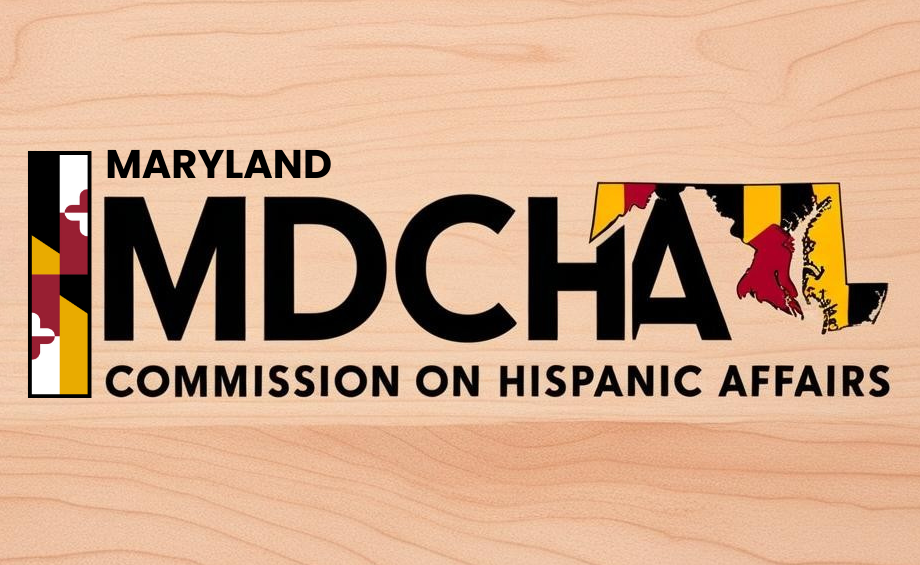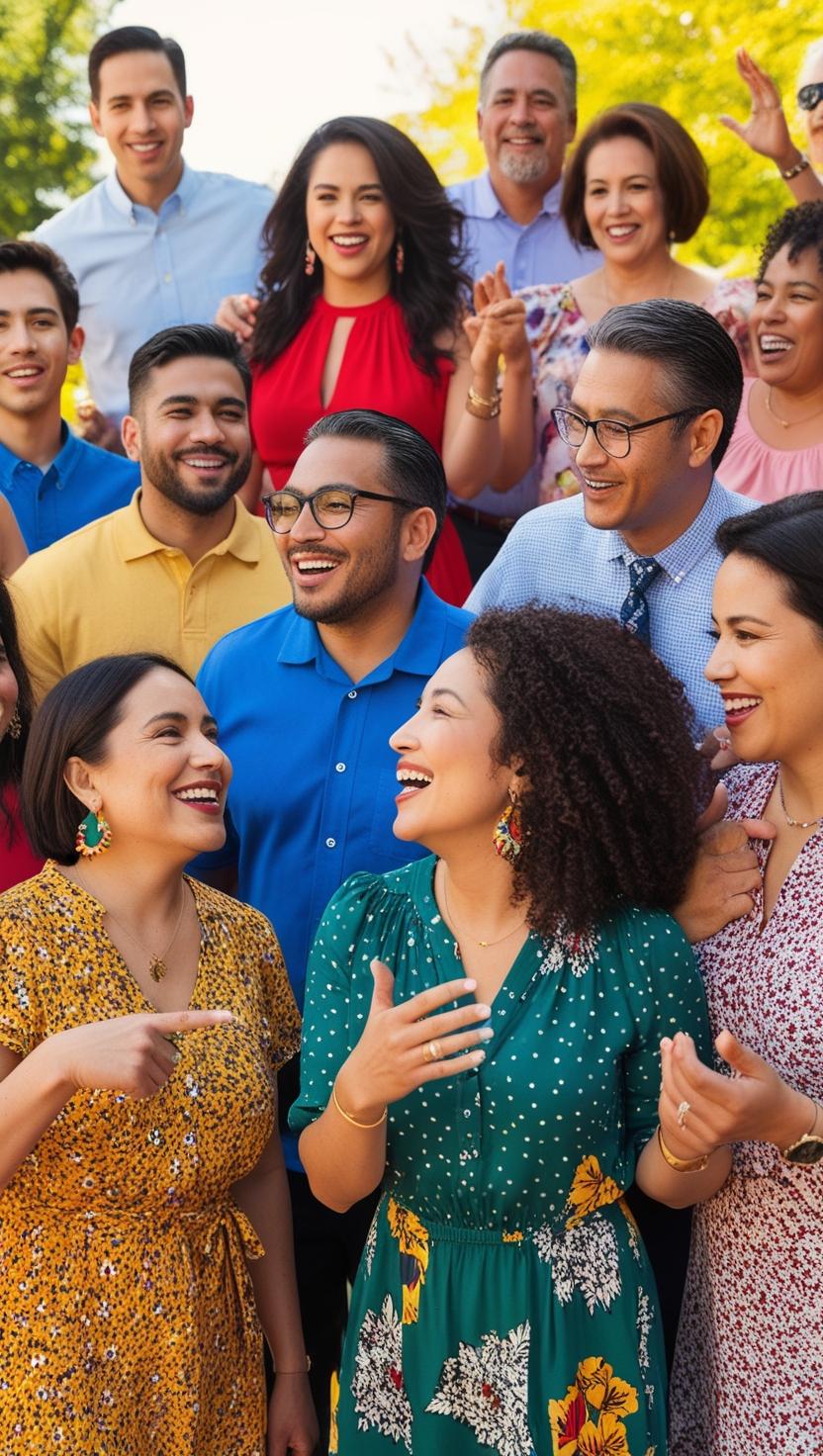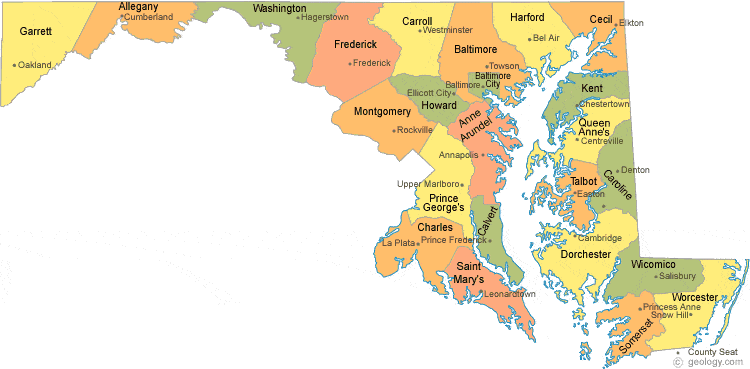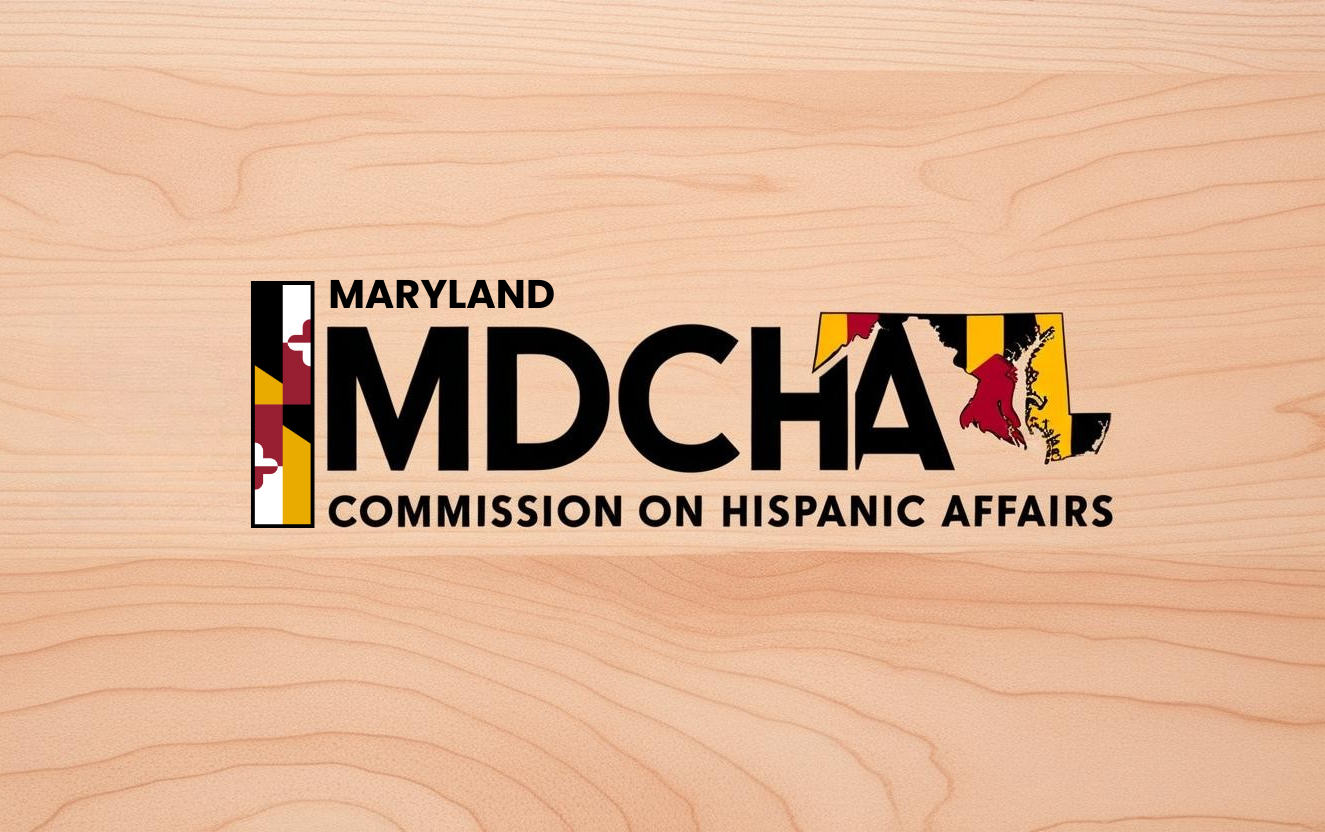Welcome to MDCHA!
The Maryland Commission on Hispanic Affairs

Mission Statement
The Maryland Commission on Hispanic Affairs is an organization dedicated to creating a meaningful impact across all 23 counties and Baltimore City by advocating for the priorities of Maryland’s Hispanic community. Born out of a desire to no longer wait for any administration to acknowledge our existence and address our needs, we work to empower Hispanic residents through policy advocacy, leadership development, and community organizing. Our mission is to amplify Hispanic voices, increase visibility, and drive systemic change that ensures equity, access, and representation for all.
Vision Statement
We envision a Maryland where Hispanic individuals and families are fully recognized, supported, and empowered to thrive in every part of the state. Through independent advocacy, grassroots organizing, and strategic partnerships, we strive to build a future where Hispanic Marylanders no longer have to wait for government recognition to advance their well-being. Our goal is to create an inclusive, equitable society where the voices, rights, and contributions of our community shape the policies and future of our state.

Advocating, educating, and supporting Hispanic communities in pursuit of their dreams
The Maryland Commission on Hispanic Affairs is dedicated to empowering and uplifting the Hispanic community across the state. Through advocacy, education, and access to resources, we work to break down barriers and create opportunities for growth, success, and representation. Our mission is to ensure that every individual has the support they need to pursue their dreams and build a stronger, more inclusive future.
How Can We Help?
We help by advocating for equal opportunities, providing educational resources, and offering support to navigate challenges. Through community engagement and partnerships, we work to create pathways for success and empowerment, ensuring the Hispanic community has the tools to thrive.

Education and Training
Providing educational resources, skill-building workshops, and programs to promote career development.

Advocacy & Legal Support
Helping individuals navigate legal systems, access bilingual legal resources, and understand their rights.

Economic Empowerment
Offering financial resources, job placement services, entrepreneurship support, and workforce development.

Cultural and Social Integration
Facilitating cultural awareness programs, social support networks, and community-building activities.

Healthcare and Mental Health Services
Connecting the community to health resources, bilingual healthcare services, and mental health support.

Public Policy and Civic Engagement
Educating on civic rights, voter registration, and participation in local governance to strengthen representation.
The Evolution of the Term ‘Hispanic’: A Historical Perspective
Introduction
The term ‘Hispanic’ has evolved significantly over time, with its origins dating back to ancient Rome. Initially, ‘Hispanus’ referred to people from Hispania, the Roman name for the Iberian Peninsula. The modern usage of ‘Hispanic’ in the United States, however, is much more recent and tied to political and social developments in the 20th century.
Historical Origins
The Latin word ‘Hispanicus’ is the adjectival form of ‘Hispania,’ which referred to the Iberian Peninsula. In English, the term ‘Hispanic’ has been attested since the 16th century, but its widespread use in the United States is a relatively recent phenomenon.
20th Century Developments
The term ‘Hispanic’ gained prominence in the United States in the late 1960s. Key events in its evolution include:
- 1968: President Lyndon B. Johnson declared Hispanic Heritage Week.
- 1976: Congress passed Public Law 94-311, mandating the collection of data on U.S. residents with Spanish-speaking origins.
- 1980: ‘Hispanic’ first appeared on the U.S. Census.
Political and Social Context
The adoption of ‘Hispanic’ as an official term was driven by political activism:
- Mexican American Legal Defense and Education Fund (MALDEF) and other organizations lobbied for inclusion in the U.S. Census as a distinct ethnic category.
- Prior to this, Hispanics and Latinos were counted as white on the Census, which posed problems for resource allocation and legislative representation.
Media Influence
Spanish-language media played a crucial role in popularizing the term:
- The network that later became Univision released ads calling on “Hispanics” to fill out the 1980 Census.
Current Usage and Debate
Today, the term ‘Hispanic’ is widely used but also contested:
- It refers to people, cultures, or countries related to Spain, the Spanish language, or Hispanidad.
- In the U.S., it’s often used as an ethnic or meta-ethnic term.
- The term is sometimes criticized for its focus on Spanish colonial heritage, leading to the adoption of alternative terms like ‘Latino/Latina’ or ‘Latinx’.
The evolution of ‘Hispanic’ as a term reflects broader changes in how ethnicity and identity are understood and categorized in the United States, particularly in relation to Spanish-speaking populations and their descendants.

Connect with others across your county and the state!

